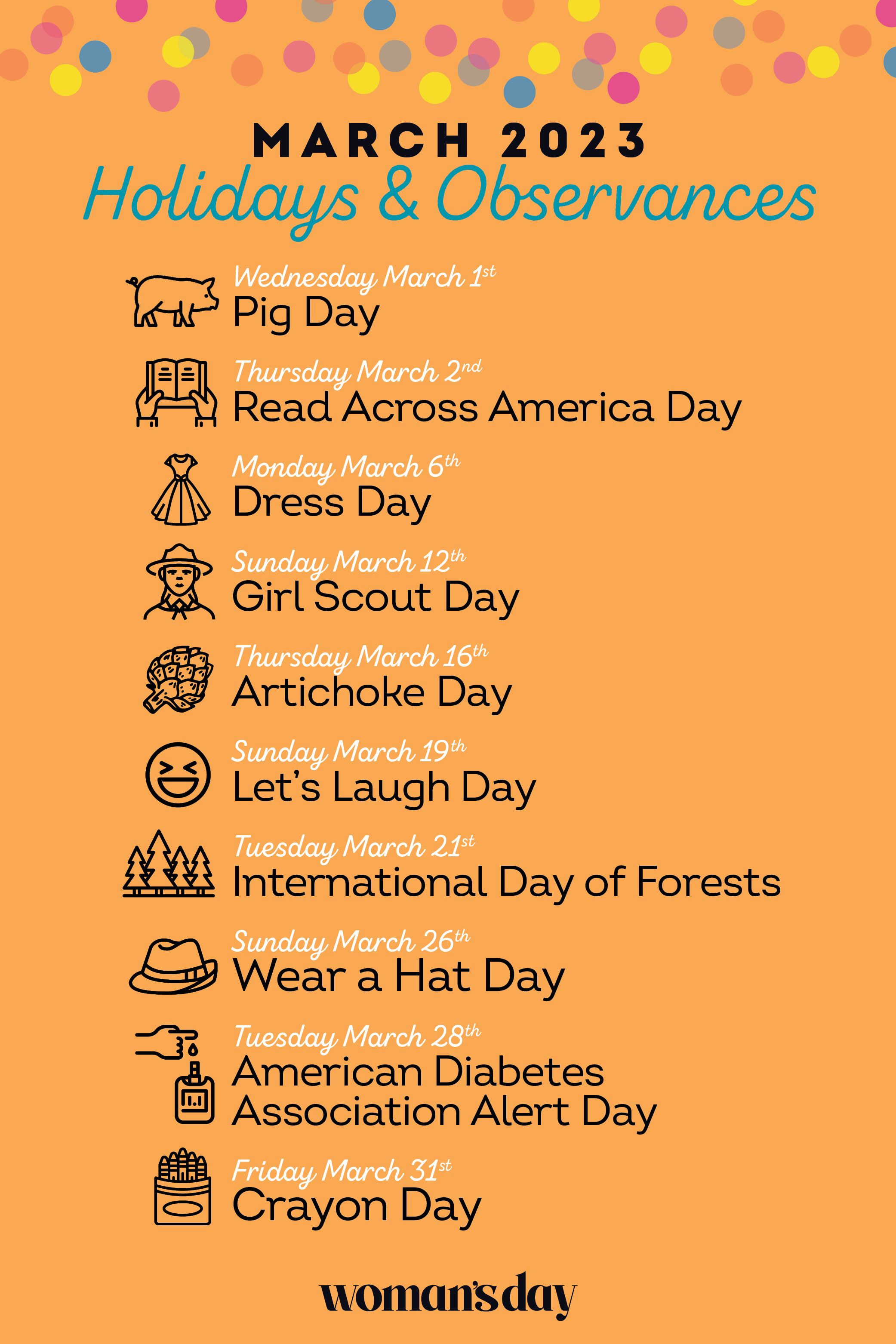How Old Is Paul Ellery? Exploring the Life of a Legend
When one thinks of the world of professional wrestling, certain names become synonymous with excellence in the industry. Among those figures is Paul Ellering, an iconic manager and wrestler whose contributions have left an indelible mark on the sport. But how old is Paul Ellering? To answer this query, we must delve into the contours of Ellering’s life and career, exploring not only his age but also the richness of his journey through the wrestling landscape.
Born on September 22, 1953, Paul Ellering is currently 70 years old. This significant milestone in his life is noteworthy not only because of the numerical value it represents but also because it encapsulates an era of professional wrestling that saw monumental transformations. As fans of wrestling, we are often captivated by the craft and artistry of the ring, but understanding the lives of those behind the scenes is equally fascinating.
Adeptly navigating the complex tapestry of the wrestling world, Ellering’s career is a testament to adaptability and resilience. His entry into professional wrestling began in the late 1970s, a time when the industry was undergoing profound changes. Ellering’s passion for wrestling shone through as he honed his skills in various wrestling promotions, eventually stepping into the spotlight as a manager.
The role of a manager in professional wrestling is often undervalued, yet it is one of the most critical aspects of any successful storyline. Paul Ellering demonstrated what it meant to be a consummate manager, guiding several wrestlers to fame and fortune. His most notable partnership was with the legendary Road Warriors—Hawk and Animal. Together, they became a formidable force in promotions around the world, capturing tag team championships and captivating audiences with their electrifying performances. What other manager has etched their name into the annals of wrestling history quite like Ellering?
Furthermore, Ellering’s ability to adapt his persona to fit the ever-evolving landscape of wrestling is remarkable. In an era where larger-than-life characters dominated, he managed to carve a niche for himself as a cerebral tactician who always had a plan. This strategic approach not only entertained fans but also enriched the stories told within the ring. His legacy compels us to ponder how, even today, one can embody multifaceted characteristics that resonate with audiences—something every aspiring wrestler and manager should consider.
The evolution of Paul Ellering’s career did not end with the waning of the Road Warriors’ dominance. He continued to imprint his legacy on the wrestling community by adapting to new roles. In the late 1990s and early 2000s, he took to the microphone with unparalleled fortitude and charisma, captivating newer generations of fans and wrestlers alike. A comprehensive examination of his career reveals that he embraced change, transformed obstacles into opportunities, and remained relevant long after his initial fame. In what ways can individuals in any profession harness the art of reinvention, much like Ellering?
As we reflect on Paul Ellering’s age, it prompts deeper inquiries about the meaning of legacy and impact. The passage of time may seem linear, but the influences we leave behind have the potential to resonate indefinitely. Ellering’s ability to navigate the wrestling world with both shrewdness and charm serves as a challenge for current and aspiring professionals: what will your legacy be as time marches on? How will you transcend the boundaries of your craft?
In conclusion, Paul Ellering is not just a number—he symbolizes resilience, adaptability, and lasting influence within the realm of professional wrestling. As he celebrates his 70th birthday, one cannot help but admire the breadth of his contributions. From his early days in the ring to his illustrious career as a manager, Ellering’s story continues to inspire those who seek to carve their own path. His life serves as a reminder that age is merely a number and that one’s impact is measured by the legacies forged along the way.
You May Also Like
Best Fish to Catch in Australia: A Guide for Anglers
Australia boasts an extraordinary diversity of fish species, making it …
Emily Bay Norfolk Island: A Hidden Gem in the Pacific
Emily Bay, a picturesque enclave nestled on the sun-kissed shores of …
Holidays on August 23: Global Festivities & Observances
August 23 is a date that carries a bouquet of cultural significance …





